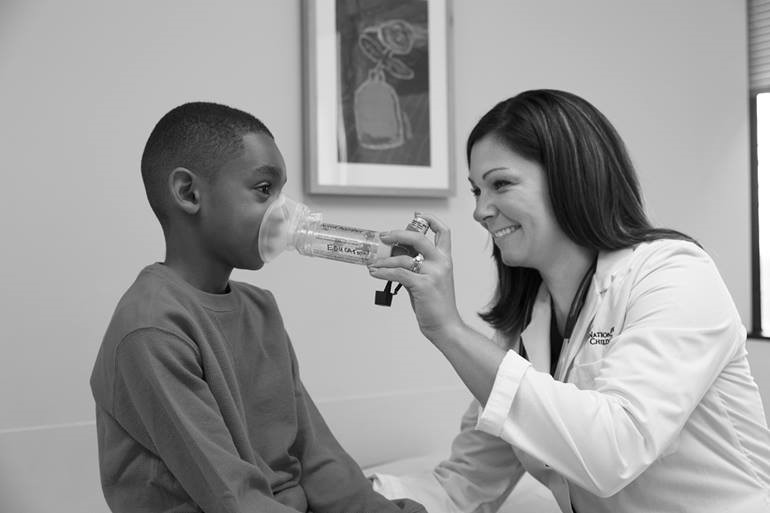How to Reduce Unnecessary Antibiotic Use for UTI in Urgent Cares
How to Reduce Unnecessary Antibiotic Use for UTI in Urgent Cares https://pediatricsnationwide.org/wp-content/themes/corpus/images/empty/thumbnail.jpg 150 150 Jeb Phillips Jeb Phillips https://pediatricsnationwide.org/wp-content/uploads/2021/03/Jeb-Phillips.jpg- September 12, 2017
- Jeb Phillips
A quality improvement project shows children with negative urine cultures take antibiotics they don’t need.
Even before a urine culture confirms the diagnosis, urgent care physicians often prescribe antibiotics when children present with symptoms of urinary tract infection (UTI). Early treatment is important for relief of symptoms and prevention of complications.
But what if the urine culture comes back negative as many as 48 hours after the urgent care visit? The patient has already been exposed to unnecessary antibiotics. In an era of increasing antimicrobial resistance, the patient should be stopped from taking any more.
A quality improvement project by physician-researchers at Nationwide Children’s Hospital, recently reported in Pediatrics, showed that the implementation of a relatively simple protocol in urgent cares can substantially reduce unnecessary antibiotic exposure after a negative urine culture.
“Urgent cares and other acute care settings often do not have culture follow-up mechanisms, in part because they do not have a relationship with a patient or family that a primary care provider does,” says Joshua Watson, MD, an Infectious Diseases specialist at Nationwide Children’s and senior author of the publication. “It means that acute care settings are excellent for this kind of QI intervention.”
When planning for the project began in September 2013, urgent cares within Nationwide Children’s system did not have a process for telling patients with presumed UTI to discontinue antibiotic use when urine cultures were negative. There was also little documentation when follow-up did occur. So the authors designed a protocol:
- A nurse reviews the urine culture result
- If negative, the result is forwarded to a clinician
- The clinician makes a determination to discontinue (if appropriate)
- A nurse notifies the parent or caregiver to discontinue the medication; if phone calls on two consecutive days fail, a letter is sent
- The clinician documents discontinuation in the electronic medical record
Before the study began, a mean of only 4 percent of patients prescribed antibiotics for UTI, who then had a negative culture, were documented to have discontinued their medication. During the study period, 910 patients were covered under the protocol, and documented antibiotic discontinuation rose to a mean of 84 percent. The protocol saved 3,429 (40 percent) of a possible 8,648 “antibiotic days.”
As familiarity with the protocol grew, and a lab nurse position was dedicated to the task of follow-up, 60 percent of days were saved. The project drew attention to other antimicrobial stewardship opportunities, says Dipanwita Saha, MD, director of Urgent Care Quality Improvement at Nationwide Children’s and lead author of the publication.
The protocol is now used in the Emergency Department; Urgent Care physicians are trying to determine if all presumed cases of UTI require an initial antibiotic prescription; and an overuse of broad-spectrum antibiotics for UTIs has been discovered, leading to an additional QI project already having a major impact.
“We have been contacted by physicians in the United States and internationally who are interested in this work,” says Dr. Saha. “It’s humbling to see that our efforts here are being noticed elsewhere.”
References:
Saha D, Patel J, Buckingham D, Thornton D, Barber T, Watson JR. Urine culture follow-up and antimicrobial stewardship in a pediatric urgent care network. Pediatrics. 2017 Apr; 139(4):e20162103.
About the author
Jeb is the Managing Editor, Executive Communications, in the Department of Marketing and Public Relations at Nationwide Children's Hospital. He contributes feature stories and research news to PediatricsOnline, the hospital’s electronic newsletter for physicians and other health care providers, and to Pediatrics Nationwide. He has served as a communications specialist at the Center for Injury Research and Policy at The Research Institute and came to Nationwide Children’s after 14-year career as daily newspaper reporter, most recently at The Columbus Dispatch.
-
Jeb Phillipshttps://pediatricsnationwide.org/author/jeb-phillips/October 13, 2015
-
Jeb Phillipshttps://pediatricsnationwide.org/author/jeb-phillips/
-
Jeb Phillipshttps://pediatricsnationwide.org/author/jeb-phillips/November 24, 2015
-
Jeb Phillipshttps://pediatricsnationwide.org/author/jeb-phillips/January 19, 2016
- Posted In:
- In Brief







